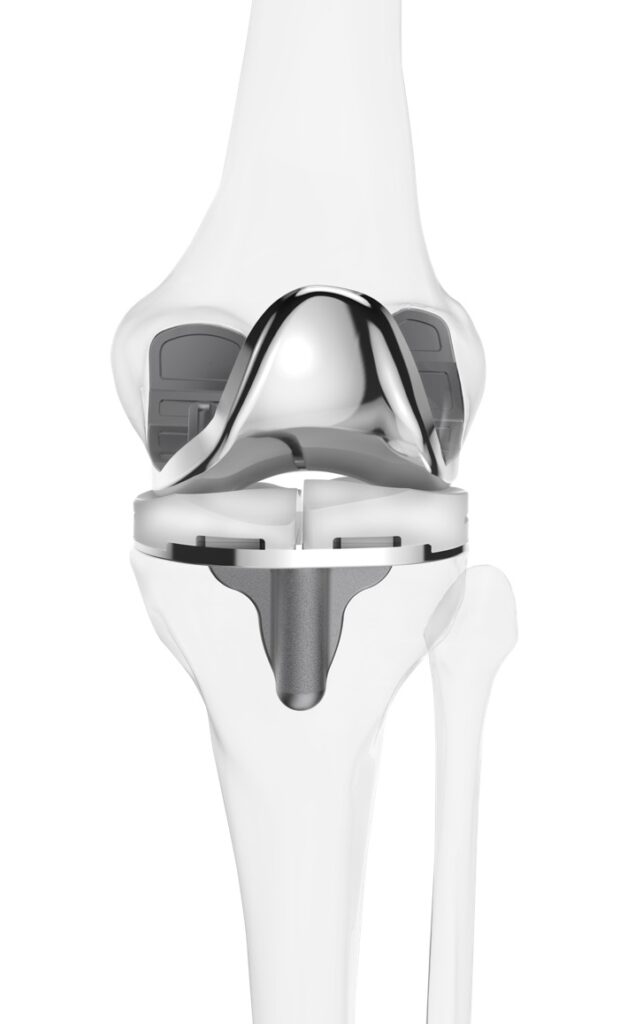Introduction
After spending some part of your life with relentless pain in the knee, and you make a life time decision to go for knee replacement surgery, here is some information for you to go through the whole process in a seamless manner. The main goal of this writeup is to provide you information about surgical process, dos and don’ts after the surgery and help you in achieving prolonged longevity of your new joint.
What is knee replacement?
This is a procedure to replace the worn-out knee cartilage and few millimetres of bone with artificial metal and plastic implants without injuring the tendons and ligaments

What are the objectives of knee replacement surgery?
To provide painless knee movements, to correct pre-existing deformities and instability, improved quality of life.
Who are the candidates for knee replacement?
Patients suffering with pain due to knee arthritis which is affecting their activities of daily living leading to poor quality of life, not responding to conservative management, irrespective of any fixed age and weight restrictions.
How to prepare yourself for knee replacement?
- Get preoperative blood check and physician evaluation done prior to surgery
- Blood thinners are to be stopped 3-5 days prior to surgery
- Thyroid, diabetic and hypertensive medications are to be continued till the day of surgery
- Get dental evaluation and get treated for infective foci if applicable
- Disclose any health ailments to your surgeon and team before surgery.
What is the duration of hospitalisation?
Patient gets admitted on the day of surgery and can actually go home the following day of surgery. During their stay they will receive antibiotic prophylaxis, pain management, general care and physiotherapy.
When is the dressing changed?
Dressing will be changed at the time of discharge and suture removal will be done in outpatient department at the end of two weeks.
Is physiotherapy required?
Patient will be encouraged to do walker assisted walking within 16 hrs of the procedure and encouraged to bend their knees and will be guided through a systematic protocol of exercises, to assist them to get back to normal at the earliest.
When can the normalcy be restored?
It varies from patient to patient. Some will start feeling normal by the end of 3 weeks, majority will get through in 6 weeks according to our experience.
- Sitting and getting from the chair without assistance 2 weeks
- Walking without assistance by 4 weeks
- Independent stair climbing by 5-6 weeks
- Driving cars by 4 weeks
- Two-wheeler by 8 weeks
- While the recovery process continues throughout the first year, the majority of improvement occurs in the first four weeks.
What are the dos and don’ts following a knee replacement surgery?
- To take iron supplements to aid wound healing and muscle strength
- Not to bend down and lift heavy things, at least for the first few weeks
- Not to stay standing still/sitting for long periods, as the ankles might swell
- To use crutches, a walking stick, or a walker until the knee is strong enough to take your weight
- To use all medications according to the instructions
- To carry out the recommended exercises to encourage proper mobility
- To keep the affected leg raised on a footstool when sitting
- To avoid soaking the wound until the scar is completely healed
- To abstain from alcohol and smoking
- Avoid squatting, sitting cross legged and high impact activities like jumping, skipping, jogging.
Which sport can I play following knee replacement?
Sports like swimming, double badminton, long walks are beneficial following knee replacement.



Follow us